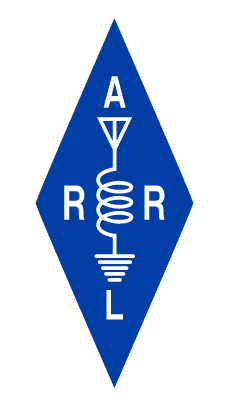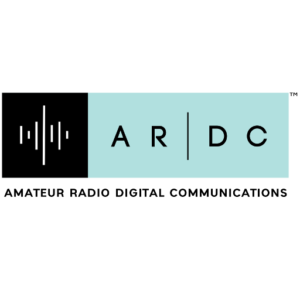The Barnstable Amateur Radio Club (BARC) received a grant from the ARRL to establish a ham radio station for scouts at Camp Greenough in Yarmouth on Cape Cod. The camp hosts scouts from all over New England and BARC participates in Jamboree on the Air (JOTA) events at the camp as well as, most recently, Winter Field Day. Donations from local businesses have amplified the value of the grant many times. These included building materials for both walls and operating desks, volunteer professional labor and even fiber-optic connectivity from Comcast. Following removal of 18 trees, Eversource installed three poles with pulleys to suspend wire antennas on March 8. Heavy equipment arrived in the morning with a full crew. The poles were rigged and lifted into position once the holes were dug. They are now ready to lift wire antennas into position, once the station build is completed and the equipment is in place. The station itself has been framed on three sides and old wiring removed. An ADA-compliant door will be installed for station access prior to completion of the framing.
Two operating positions , some furniture and a workbench are planned and some equipment donations have been offered, in addition to that funded by the grant. The station will be capable of remote operation to allow on-site classroom facilities to be used for amateur radio instruction including that for the radio merit badge using live demonstrations. BARC will relocate its satellite antenna array to the new station that will be fully HF, VHF and UHF capable.
BARC is targeting this summer for project completion.

 The Amateur Radio Digital Communications (ARDC) has issued a press release to acknowledge the $23.6K grant it awarded to the New England Division to equip its RFI teams. In part, the press release states:
The Amateur Radio Digital Communications (ARDC) has issued a press release to acknowledge the $23.6K grant it awarded to the New England Division to equip its RFI teams. In part, the press release states: